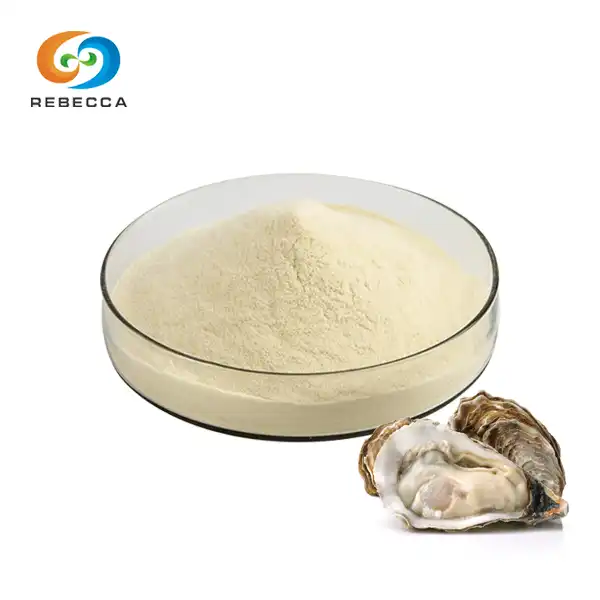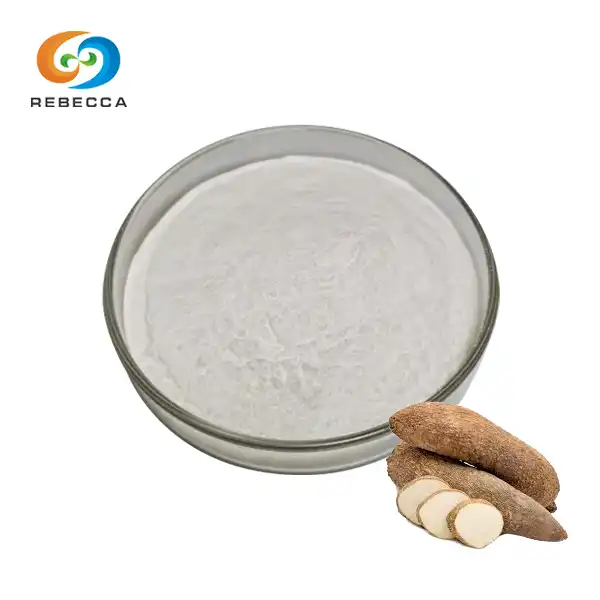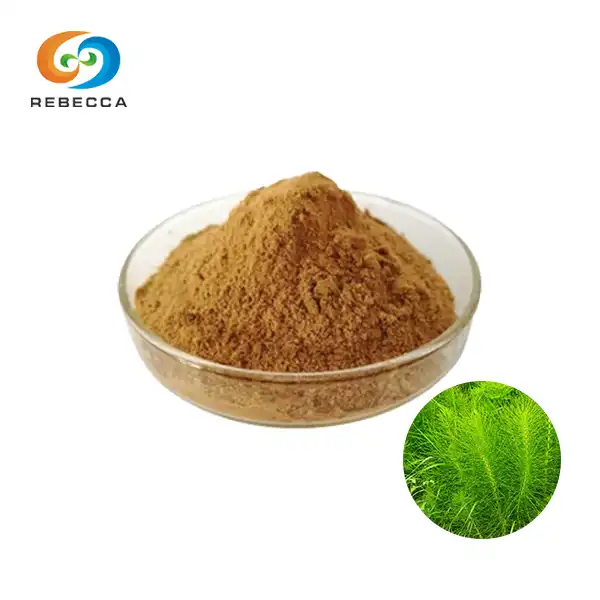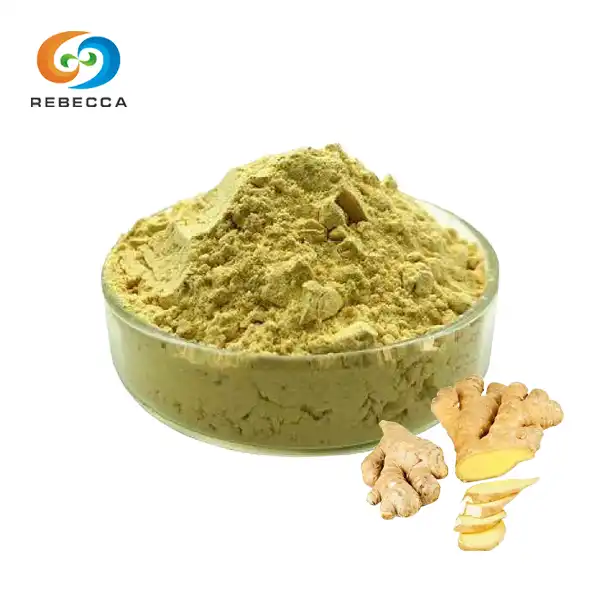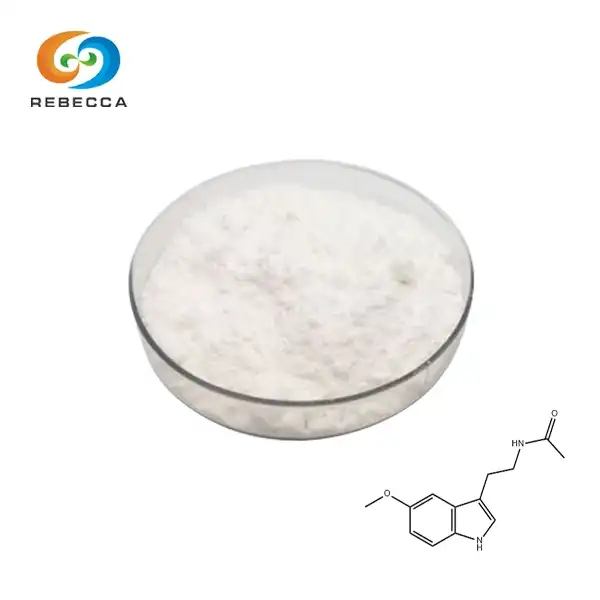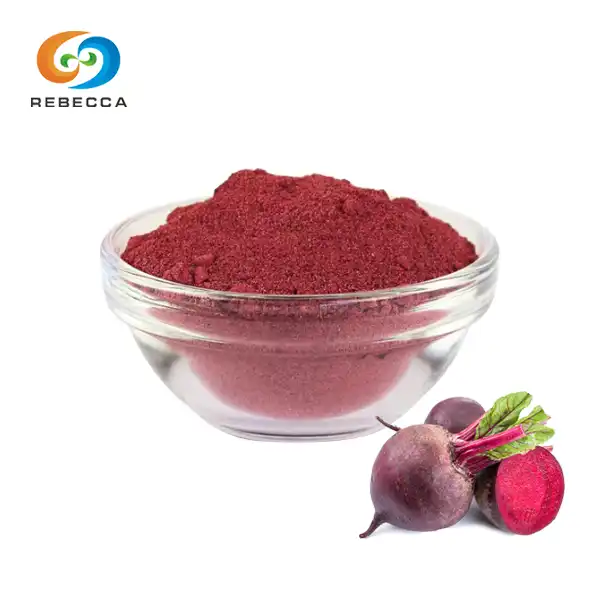Pure Creatine VS Monohydrate
When it comes to enhancing athletic performance and muscle growth, creatine supplements have long been a go-to for fitness enthusiasts and athletes alike. However, with various forms of creatine available in the market, it's natural to wonder which one is the most effective. In this article, we'll dive deep into the comparison between pure creatine and creatine monohydrate, exploring their benefits, absorption rates, and overall effectiveness.

Pure Creatine and Creatine Monohydrate
Before we delve into the comparison, it's essential to understand what these two forms of creatine are. Pure creatine, also known as creatine anhydrous, is creatine in its most basic form, without any additional molecules attached. On the other hand, creatine monohydrate is the most common and widely studied form of creatine, consisting of a creatine molecule bound to a water molecule.
Both forms are widely used in the fitness industry, but they have some key differences that may influence their effectiveness and suitability for different individuals. Let's explore these differences in detail to help you make an informed decision about which form of creatine might be best for your fitness goals.
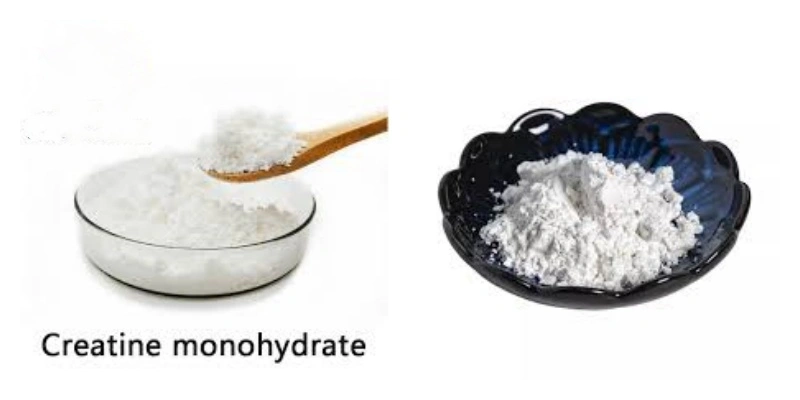
Comparing Effectiveness: Pure Creatine vs. Creatine Monohydrate
When it comes to effectiveness, both pure creatine and creatine monohydrate have shown significant benefits in numerous studies. However, creatine monohydrate powder has been the subject of far more research, making it the gold standard in creatine supplementation.
Creatine monohydrate has consistently demonstrated its ability to increase muscle strength, power output, and lean body mass. A meta-analysis of 22 studies found that creatine monohydrate supplementation resulted in an average increase of 8% in muscle strength and 14% in weightlifting performance compared to placebo groups.
Pure creatine, while less studied, is also effective in improving athletic performance. Some proponents argue that because it doesn't contain the additional water molecule, it might be more potent gram for gram. However, this theoretical advantage hasn't been conclusively proven in scientific studies.
It's worth noting that the effectiveness of both forms can vary depending on individual factors such as muscle fiber type, diet, and training regimen. Therefore, personal experimentation may be necessary to determine which form works best for you.

Absorption Rates and Bioavailability
One of the key factors in determining the effectiveness of a supplement is its absorption rate and bioavailability - how well it's absorbed and utilized by the body. This is an area where pure creatine and creatine monohydrate show some differences.
Creatine monohydrate has excellent bioavailability, with studies showing that nearly 99% is absorbed by the intestines [2]. Once absorbed, it effectively increases muscle creatine stores, which is crucial for its performance-enhancing effects.
Pure creatine, being free of the water molecule, is sometimes claimed to have superior absorption. The theory is that without the water molecule, it can be absorbed more quickly and efficiently. However, scientific evidence supporting this claim is limited.
In practice, both forms have shown to be highly effective at increasing muscle creatine stores when taken as directed. The slight differences in absorption rates may not translate to significant differences in real-world performance benefits for most users.

Exclusive Benefits of Pure Creatine
While both forms of creatine offer similar core benefits, pure creatine may have some unique advantages that make it appealing to certain users:
- Higher Creatine Content per Gram: Pure creatine contains slightly more creatine per gram compared to creatine monohydrate. This means you might need to consume less powder to achieve the same dosage.
- Potential for Better Mixability: Some users report that pure creatine mixes more easily in liquids, which can be beneficial for those who prefer to add it to their pre or post-workout drinks.
- Reduced Water Retention: While not scientifically proven, some anecdotal reports suggest that pure creatine may cause less water retention compared to creatine monohydrate. This could be beneficial for athletes in weight-class sports or those concerned about temporary bloating.
However, it's important to note that these potential benefits are often subtle and may not be noticeable for many users. The robust scientific evidence supporting creatine monohydrate's effectiveness often outweighs these theoretical advantages of pure creatine for most individuals.

Best Pure Creatine Monohydrate
In the battle of pure creatine vs. creatine monohydrate, both forms have been shown to be effective in enhancing athletic performance and muscle growth. While pure creatine may offer some theoretical advantages in terms of potency and mixability, creatine monohydrate remains the most studied and widely recommended form of creatine supplementation.
Ultimately, the best choice depends on your individual needs, preferences, and how your body responds to each form. Many users find success with creatine monohydrate due to its proven track record and cost-effectiveness. However, if you're looking to experiment or have specific concerns about water retention, pure creatine might be worth trying.
Are you in search of a top-tier pure creatine monohydrate powder? Look no further than Rebecca Bio-Tech, a professional manufacturer and supplier renowned for our meticulous attention to detail. We take pride in crafting our creatine from premium ingredients, ensuring it meets the highest standards of purity and quality. This dedication results in a product that's exceptionally effective for enhancing muscle performance and aiding recovery. Interested in experiencing the benefits for yourself? We offer free samples and MSDS documents upon request. Get in touch with us at information@sxrebecca.com to place your order or inquire further.
References:
- Branch, J. D. (2003). Effect of creatine supplementation on body composition and performance: a meta-analysis. International Journal of Sport Nutrition and Exercise Metabolism, 13(2), 198-226.
- Persky, A. M., & Brazeau, G. A. (2001). Clinical pharmacology of the dietary supplement creatine monohydrate. Pharmacological Reviews, 53(2), 161-176.

